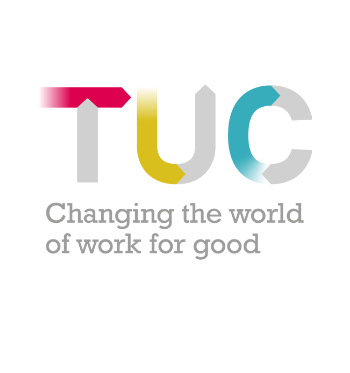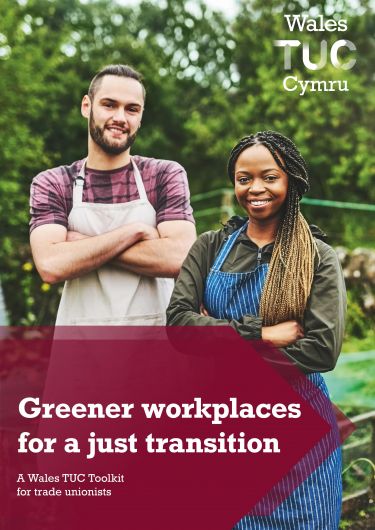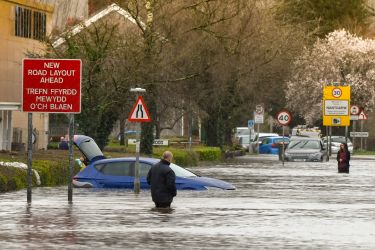Wales TUC Greener workplace network - Climate risk, adaptation and the workplace: Protecting members in Wales’ changing climate
The third network meeting focused on Climate adaption.
Catherine Payne from Sniffer which delivered Adaptation Scotland programme shared with us about climate risk in the workplace. The reason why we have to think about climate change adaption is because this is not the problem for the future. Climate change is here, now and is only worsening. She mentioned about how to respond the situation. In Scotland’s experience, many organisations are legally obligated to adapt. And Climate and change is a health and safety issue. According to their study about trade union reps’ feeling on their workplaces’ coping, only 16.7% felt that their workplace was sufficiently resilient to weather-related risks. And 72% said climate impacts were happening more frequently and/or had more severe effects on their workplace and workers. She emphasised that adaptation is not just about averting disaster - timely, well planned, adaptation could deliver a better world. There were some tools which was suggested by her to identify potential climate risks in the workplace, liked toolbox talks or gather observations, site walkabouts, building the evidence base for action, watching the news. Finally, she mentioned about what good looks like from adaption solution. For example, developing resilience for workers who should travel to work like feedback mechanism for remote or travelling staff to report risks observed on the frontline. Developing Resilience for outdoor workers like emergency comms for staff i.e., storm warnings to trigger site closure or halting activities.
Graham Peterson from Greener Jobs Alliance was the second speaker. He mentioned about policy framework of jobs and skills strategy, and the green jobs barometer. There are some climate adaption skills developing by different unions. Over 60,000 jobs could be created in the green economy over the next 2 years with infrastructure investment. However, the current skills pipeline is not prepared for this demand with their analysis suggesting low apprenticeship and training numbers in key sectors compared to potential job growth. Moreover, there is wide range of work-related adaptation issues liked air-quality, flooding or heatwave. Finally, he shared some actions on climate adaptation, for example discussing in the branch or joint committee, arranging a meeting to discuss a climate adaptation risk assessment.
Michelle Delafield from Welsh Government delivered framework of Wales’ Climate adaption plan to us. "Prosperity for All: A Climate Conscious Wales" had been launched to provide strategic actions. There are various research related to different policies. She also provided some policies that the government is implementing to meet the needs of society to deal with Climate adaption. For example, there is business risk perceptions for heat and infrastructure disruption according to the evidence report Sept 2020 - ‘Businesses’ perceptions of risk of reduced employee productivity due to higher working temperatures and infrastructure disruption in working environments. Also, there are some advice of health and safety issue and climate risks which were provided by government that union can notice.
More from the TUC



